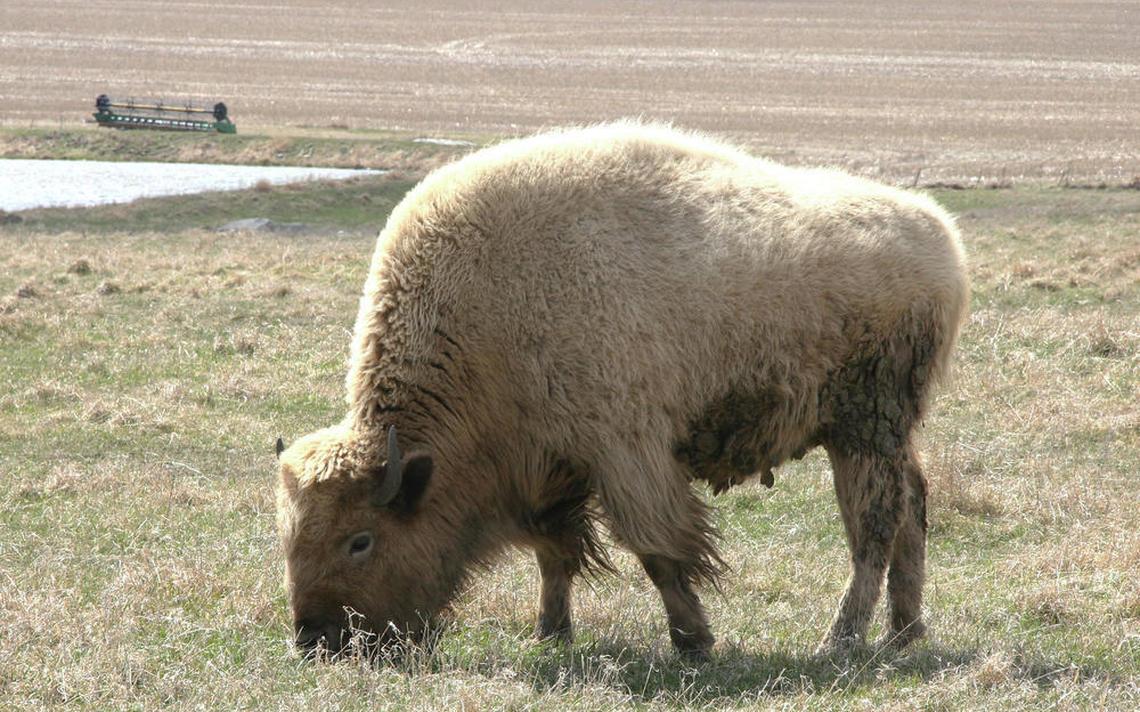
Two large scale greenhouse facilities operated by American Indian tribes on sovereign tribal lands were raided last week and nearly 12,000 cannabis plants designated for medicinal use destroyed.
The raids came suddenly at about 7 am on July 8th, during which a collective of state, local and federal officials executed an invasion of tribal lands, accusing the two facilities of engaging in illegal activity related to growing medical marijuana.
According to a statement from the Pit River tribe and despite the tribe’s request, “…with no advance warning, agents from the Bureau of Indian Affairs, along with dozens of federal, state and local law enforcement officers entered the Tribe’s land on July 8, 2015 to execute a federal search warrant.”
Federal agents destroyed the patients co-operative cannabis plants and seized confidential patient information among other documents.
“This action was especially appalling given that some tribal members were subjected to excessive police force, severely injured and arrested during the search,” said Tribal Chairman Mickey Gimmell Jr. “We believe that it is important to remind the BIA of its responsibility to protect Indian tribes, not to undermine legitimate tribal efforts to create jobs and improve the health and welfare of tribal members.”
According to Pit River, the tribe had been building legal framework to establish the medical growing facility on sovereign Indian land after a guidance memorandum was issued from the United States Department of Justice addressing marijuana operations in Indian Country.
This memo, “expressly instructs each U.S. Attorney to meaningfully engage in government-to-government consultation with Indian tribes that seek to authorize marijuana activity on tribal lands.”
“We have been transparent in our conversations with the federal government and made no secret of our intent to exercise our sovereignty in the manner we believe appropriate,” said Gimmell Jr. “We consulted with the U.S. Attorney’s Office prior to implementing our Ordinance and continued to consult with that office and other government officials throughout its implementation.”
Pit River says they have followed federal guidelines in an extensive legal framework they created which is “consistent with California’s Compassionate Use Act and the state’s own Medical Marijuana Program Act.”
The tribe’s law requires that all plants grown in their facility are only for medical marijuana users in the state of California. “Going further than the laws of the state, the Tribe has adopted stringent regulations on inventory control, quality assurance, set security, patient requirement, plant tracking, plant limits, among other requirements.”
According to sources for the facilities each plant is assigned a patient file and grown in a co-operative fashion for those who have a prescription from a medical doctor for the medicinal strains grown within the facility.
In 1996 the State of California approved medical marijuana use with an approval rate of 56%. There are currently 572,762 approved medical users of marijuana in California, each with a possession limit of 8 oz of cultivated marijuana.
Medical marijuana is prescribed by medical doctors for the treatment of symptoms for a number of chronic diseases including AIDS, arthritis, cancer, chronic pain, glaucoma, migraine, multiple sclerosis, epilepsy, and severe nausea. It is also prescribed to paediatric patients for nausea related to chemotherapy.
Pit River’s statement clarifies further that, “Each medical marijuana plant is associated to a particular patient wishing to join the cooperative, with each plant bearing the name or other identifier of the patient for whom it is cultivated, as well as a serial number to ensure that each plant can be tracked.”
According to leafscience.com not all strains of cannabis are psychoactive but some strains are instead cultivated specifically to be rich in cannibidol.
These strains are more active in the treatment of children and also conditions such as schizophrenia and epilepsy. Those strains that are rich in the THC that brings on euphoria are prescribed to palliative patients or those who suffer from chronic pain.
“Needless to say, we intend to have serious conversations in the coming days with the Department of Justice and the Assistant Secretary for Indian Affairs,” said Gimmell.
Of local note — according to an affidavit attached to the search warrant for the invasion, Six Nations businessman Jerry Montour was reported by four citizen informants as being the financial supporter of both the facilities at Pit River and Alturas Rancheria.
Montour did not provide comment to the Two Row Times and would not confirm if he has legal representation speaking on his behalf.
However, notes of sibling rivalry at the Alturas Rancheria have arisen in accounts prior to the greenhouses being raided. Several sources have stated that siblings Phillip Del Rosa and Wendy Del Rosa of Alturas Rancheria, which has a tribal membership of just five people, have been fighting over who is the chairperson of that reserve.
According to documents obtained by Two Row Times, Wendy Del Rosa wrote a letter to federal officials claiming she was the rightful chairperson of Alturas Rancheria and calling for Phillip Del Rosa’s authority to act on behalf of the tribe to be revoked.
However, earlier this year Phillip Del Rosa engaged in official talks on behalf of the tribe with the state and local governments with a legal team informing of the tribe’s intentions to establish the medical growing facility.
Since the story hit the press it has been skewed heavily in the direction of being a “drug bust”.
Earlier this year the Canadian and American governments have taken steps to connect the indigenous tobacco trade to organized crime — notably in spring’s Bill C-10 campaign in which contraband tobacco was accused of being laced with street drugs such as “crystal meth”.
Additionally, Grand River Enterprises, of which Montour is CEO, is not connected to the growing facilities in California. Neither is GRE a producer of contraband tobacco — but one of the several tobacco manufacturers in the indigenous tobacco trade who have agreed to pay federal taxes, reportedly paying up to $220 million in 2014.
In May of this year California was ordered to return $600,000 worth of tobacco products they seized in a February raid on Big Sandy Rancheria, claiming the tribe had not paid federal taxes for the product and that California tribes are not permitted to retail Canadian tobacco products — one of the latest moves in 2015’s notorious criminalization of the indigenous tobacco trade.












